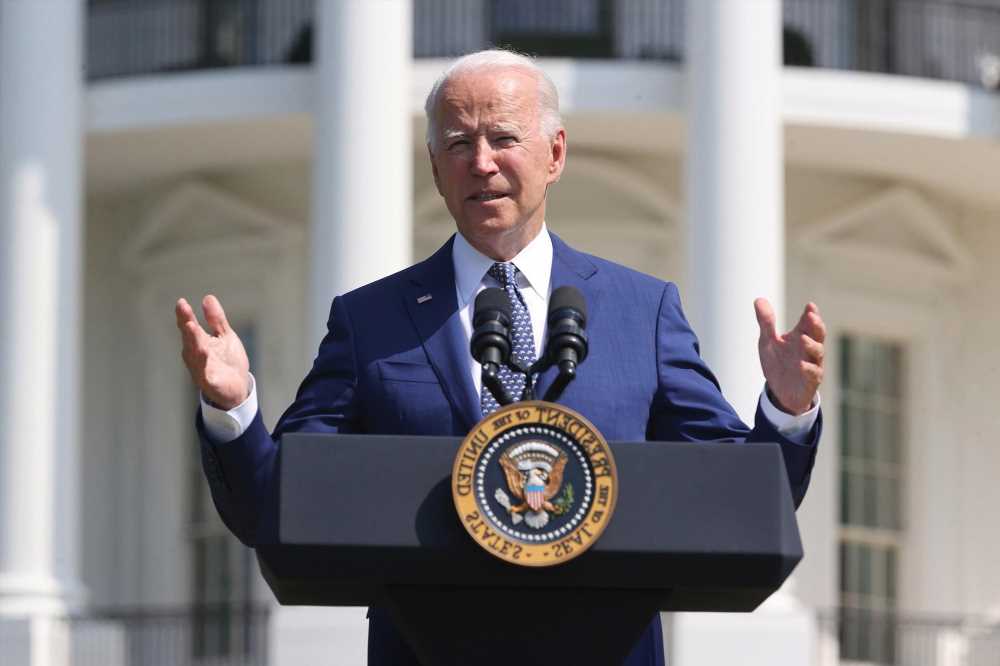More On:
infrastructure
$1T bill may require drunk driving locks, hot car alerts for new vehicles
Budget office says infrastructure bill would add $256B to federal deficit
McConnell warns Dems not to expect GOP support on raising debt limit for ‘socialist shopping list’
Congress needs to slow down its rush for new spending
The $1 trillion bipartisan infrastructure bill being debated in the Senate could violate President Biden’s “red line” against a national gas tax hike by imposing a “national motor vehicle per-mile user fee pilot program,” according to reports.
Biden has said he was willing to negotiate the infrastructure package but resisted adjusting the gas tax to the rate of inflation or setting user fees because they would raise taxes on Americans earning less than $400,000 a year — a red line he said he wouldn’t cross.
But a pilot program outlined in section 13002 of the bill would charge drivers a fee for every mile traveled, Fox Business reported.
It directs Transportation Secretary Pete Buttigieg and Treasury Secretary Janet Yellen to provide recommendations to Congress within three years after the program was established.
At that time, lawmakers could decide whether to pass new legislation implementing per-mile charges to fund infrastructure projects, the report said.
The federal gas tax has remained at 18.4 cents a gallon since 1993 and has not been adjusted to inflation, Fox Business reported.
The pilot program would target passenger vehicles, light truck and medium- and heavy-duty trucks and the fees would be set depending on the types and weight classes of the vehicles “to reflect estimated impacts on infrastructure, safety, congestion, the environment, or other related social impacts.”
“The Secretary, in coordination with the Secretary of the Treasury, and consistent with the recommendations of the advisory board, shall establish a pilot program to demonstrate a national motor vehicle per-mile user fee to restore and maintain the long-term solvency of the Highway Trust Fund and to improve and maintain the surface transportation system,” the bill says.
The Biden administration rejected the possibility that the proposed program would lead to a nationalized mileage fee, depending on the recommendations by Buttigieg and Yellen, because the White House could oppose a measure establishing the tax.
“There is literally nothing in the bill that is counter to the president’s pledge. This refers to two provisions about research. One gives grants to states if they want to apply to do their own research. The second involves a federal pilot program based on individual volunteers, who receive full refunds, for studies that would then only be the basis for recommendations about future legislation,” a White House official told the Washington Examiner.
“The administration will evaluate all legislation, including any bills relevant to these pilot programs, against the $400,000 pledge,” the official said.
At a White House briefing on July 6, press secretary Jen Psaki said the president didn’t want Americans to have to shoulder a new tax.
”That’s one of the core reasons why the President was opposed — vehemently opposed — to a gas tax and any tax on vehicle mileage, because he felt that would fall on the backs of Americans. And that was a bottom line, red line for him,” she said.
The mileage fee program was raised by Sens. Tom Carper (D-Del.) and Shelley Moore Capitol (R-W.Va.) in March.
Share this article:
Source: Read Full Article







